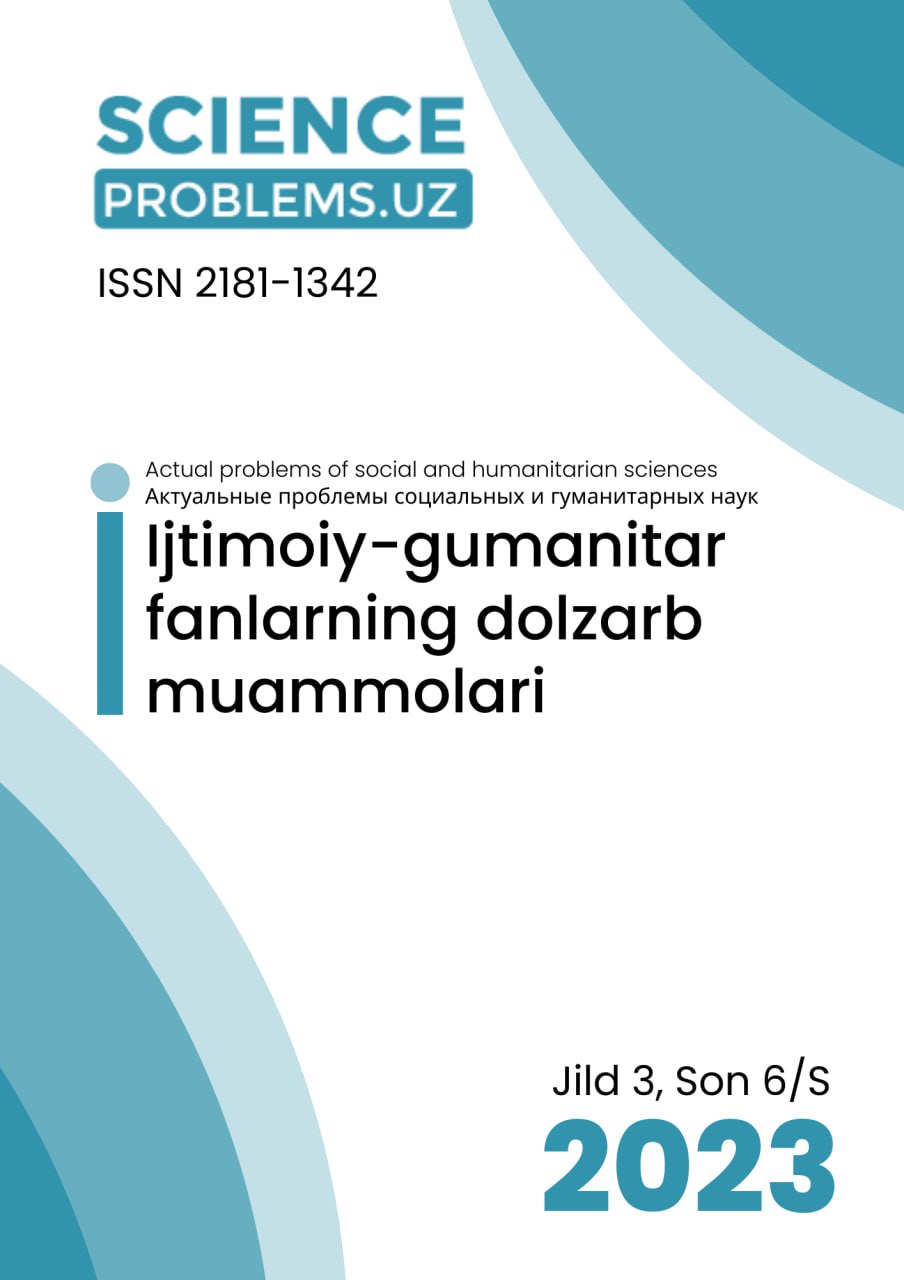INTERCULTURAL COMPETENCE IN THE TEACHING PROCESS OF A FOREIGN LANGUAGE
DOI:
https://doi.org/10.47390/SP1342V3I6/SY2023N31Keywords:
competence, teaching, culture, EnglishAbstract
This article intends to reflect on the findings of an investigation related to intercultural competence, as an inherent element in the teaching-learning of a foreign proposed from the constructivist paradigm with a qualitative approach, based on the researcher's interpretation, in light of the referenced theoretical foundations, in the pedagogical experience and in the analysis of the data. Some strategies could be defined to incorporate the cultural elements when teaching a foreign language.
References
Byram, M. y. (1994). “Definitions, objectifs and evaluation of sociocultural competence”. Strasbourg: Conseil de l'Europe.
Byram, M. y. (nd). Language Learning in Intercultural Perspective. Cambridge: Cambridge University Press.
Cerreloza, Ó. (2000). “Transmission of meanings and vocabulary in intercultural teaching.” in Intercultural proposals. Minutes of the VI International Tandem Conference (pp. 69-74). Madrid: Edinumen.
Declaration of Mexico on cultural policies. (1982). World Conference on Cultural Policies of Mexico City, (p. 75). Mexico City Recovered in 2018
Díaz Sánchez, J. (2006). Identity, adolescence and culture. Secondary youth in a regional context.
Mexican Journal of Educational Research, vol. 11, no. April-June 29. Mexican Research Council Educational, AC District. (pp. 431-457)
Guilherme, M. (2000). Intercultural competence. Routledge Encyclopedia of Language Teaching and Learning.
Harris, M. (2011). Theories about culture in the postmodern era. . : . Barcelona: Criticism.
Hernandez, RF (2014). Research Methodology (6th Ed.). Mexico: McGraw Hill.
Hymes, D. (1972). On communicative competence. . London: Eds. Pride, J.B. and J. Holmes. London: Penguin books.
MEN. (2006). Basic Standards of Competencies in Foreign Languages: English. Series: Guides 22. (pp. 8-9) doi:ISBN.978-958-691-691-292-1
MEN. (2006 b). Basic Standards of Competencies in Language, Mathematics, Science and Citizenship. Series. (pp.12-16) doi: ISBN.958-691-290-6
Ministry of National Education (MEN). (2006). Curricular guidelines series foreign languages. Retrieved from http:// www.mineducacion.gov.co/cvn/1665/articles-89869_archivo_pdf4.pdf.(pp.2-47)
Ramirez, AR (2019). English teacher training processes in the global context. notebooks Hispanic Linguistics, (33), (p.163).
Rodríguez, I. (2004). Attention to cultural diversity at school. Proposal for psychopedagogical intervention.
Education and Future. Vol.10. (p.163)
Ruiz, J. (2012). Qualitative research methodology. Bilbao: University of Deusto.
Seeley, H. N. (1974). Teaching Culture: Strategies for Intercultural Communication. Lincolnwood. New York: Lincolnwood.
Unesco. (September 3, 2015). www.unesco.org/new/en/culture/themes/cultural/diversity/culturalexpressions/international-fund/ UNESCO. (2015). International Fund for Cultural Diversity. Paris, UNESCO. (accessed September 3, 2015) (p.100)








